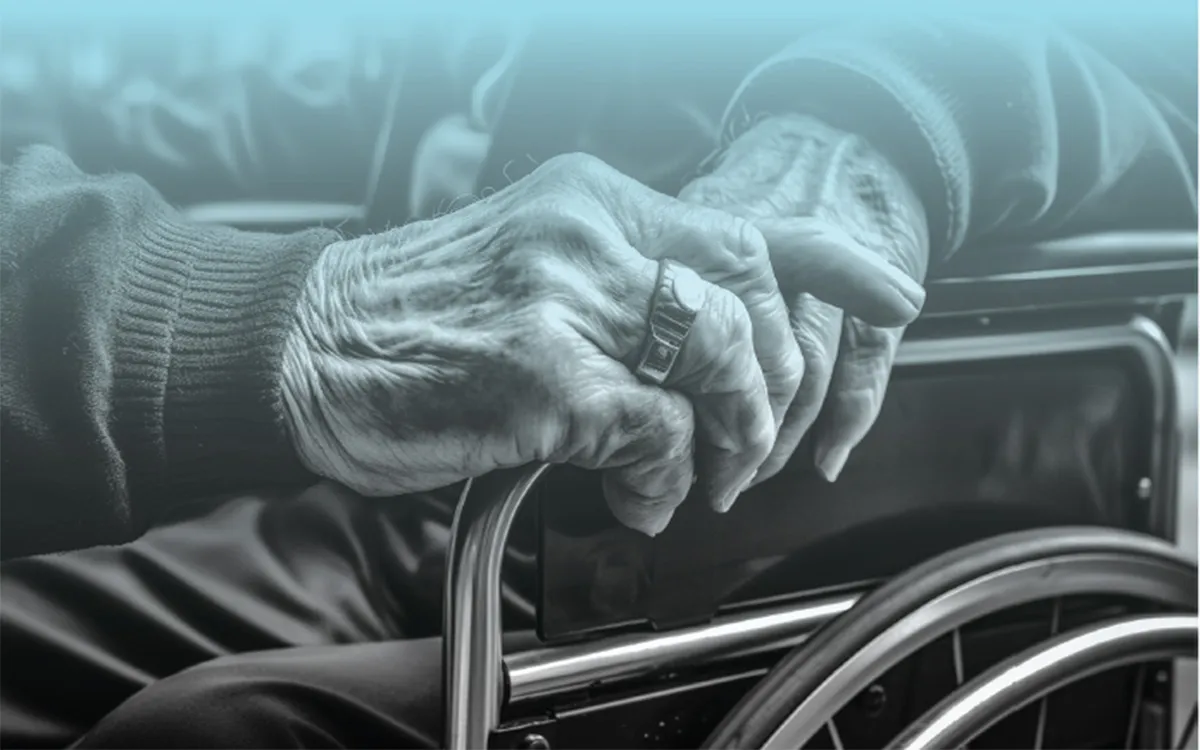Dr Zubair Saleem | Dr Showkat Rashid Wani
Research demonstrates that encouraging senior citizens to share their stories not only boosts their mental health but also leads to greater empathy and a stronger connection with the listener. Storytelling allows senior citizens to transfer values and meaning to the younger generation. It is an essential human process and a universal experience associated with ageing. Neuroscientists suggest that storytelling has practical survival value for individuals and communities, as well as social and psychological benefits. It may be as powerful as medication or therapy for overcoming depression among elders.
When senior citizens repeat their stories, it’s not necessarily a sign of cognitive decline. They do so because these stories hold immense importance to them, and they feel the need to convey their significance. By better understanding these repeated stories, caregivers can gain deeper insights into their elderly loved ones and assist them with a vital developmental task of old age.
Repeated storytelling can sometimes be unnerving for friends and families, raising concerns about cognitive degeneration, memory loss, or dementia. However, our study suggests a different perspective. We interviewed middle-aged adults who felt they had heard the same stories repeatedly from their ageing parents. We found that repeated storytelling is a key technique for senior citizens to communicate what they consider vital to their children and loved ones. This method helps preserve family memories, legacies, and promotes better connections.
Listening to these stories not only deepens bonds but also provides mental health benefits for the storytellers. It reinforces memories, reduces stress and anxiety, builds confidence, fosters a sense of belonging, combats loneliness, and imparts a sense of meaning and purpose.
In fact, reminiscing and storytelling have proven to be so powerful that some professionals who work with Alzheimer’s and dementia patients use reminiscence therapy. Through storytelling, senior citizens can relive and share moments from their lives, reconnecting with their past and maintaining cognitive function.
Here are a couple of case studies that illustrate the impact of these stories:
Case Study 1 – Resolving Family Disputes:
A dispute between two couples had escalated to the point of almost severing relations. The intervention of a senior citizen, who served as the Mohalla Committee President, proved instrumental in reconciling the situation. He shared a story about two neighbouring families, one characterised by constant fighting, and the other living harmoniously. The story emphasised the importance of personal responsibility and de-escalation rather than always striving to be right. The disputed couples were profoundly moved by the story, vowing never to fight over trifles again.
Case Study 2 – A Valuable Life Lesson:
Another senior citizen volunteered to teach at a local school during an annual event. He shared a story with the audience about a man named Rafiq, who had gone from a modest background to achieving material success. However, Rafiq’s pursuit of luxury left him financially strained and unable to support his parents during their time of need. Rafiq’s perspective changed when he encountered a young boy selling toys to support his family after his father’s accident. The boy’s dedication and selflessness opened Rafiq’s eyes to the importance of respecting and caring for his ageing parents.
These case studies reflect the impact of storytelling and the valuable life lessons embedded within these narratives. By listening to the stories of older family members, we not only honor their experiences but also learn from their wisdom. It’s a way of recognizing their legacy and showing them that they have been seen and heard. In the end, it’s a gift that deepens our understanding of one another and strengthens the bonds that connect generations.
Dr Zubair Saleem is a Senior Geriatric Consultant and Gerontologist and
Dr Showkat Rashid Wani is a Senior Coordinator, Directorate of Distance Education, University of Kashmir






